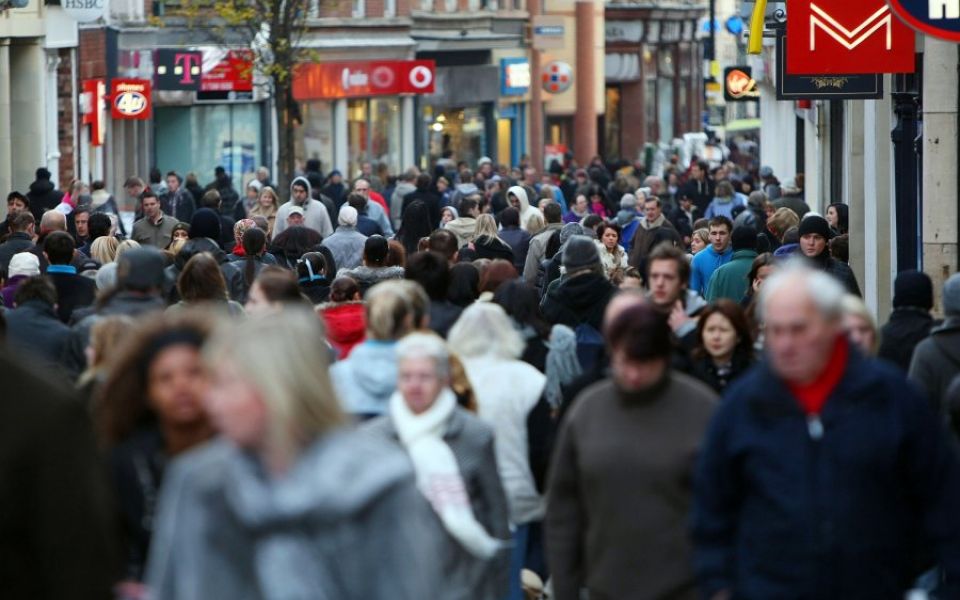Taxing Amazon won’t save the UK high street

A couple of years ago, a well-known retailer announced a bold new strategy for its online offering, including a proposal to shut down its website outside normal working hours so that shoppers could savour the times when it was open.
It was, of course, an April Fool’s prank, but it has lingered in the memory far longer than others because of the cold truth behind the gag: traditional bricks and mortar retailing as a model is obsolete.
If an entrepreneur was pitching a new concept now and suggested a business that’s only open when most people are at work, that involves going out of one’s way to find the products one wants, that confronts buyers with queues and questionable customer service, and forces them to face it all again if they decide they don’t want the product… they would be laughed out of the meeting.
Retail sales rose 3.5 per cent in July compared to a year earlier, thanks to bargain-hunting, sun-loving England football fans. And yet the high street failed to thrive. This is a pattern we have seen for many years, but the last few months have been very brutal, with 169-year-old department store House of Fraser just one of several casualties.
One solution put forward is the idea of a so-called Amazon tax, designed to level the playing field by imposing a levy on e-tailers.
However, it would be counter-productive to go after firms who have sought a more efficient model, not least because the costs are likely to be passed onto the consumer. Does the government really want to risk trampling on the green shoots of a consumer recovery?
There is, of course, the question of business rates – long criticised by high street retailers. It is undeniable that this system needs reform, and fast. But it is not the silver bullet that practitioners would have you believe. The high street is in a state of flux, yes, but it is not dying.
Consumers don’t want identikit retail districts, but places where they can do something more than simply buying the same outfit they saw online. The businesses struggling most are those that lag behind the pack with their e-commerce offer, and fail to differentiate themselves.
Instead of trying to prop up businesses that people no longer need or want, high streets must be encouraged to become more relevant – to pivot, as the tech industry might put it.
